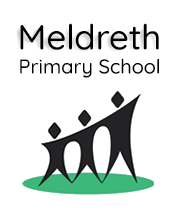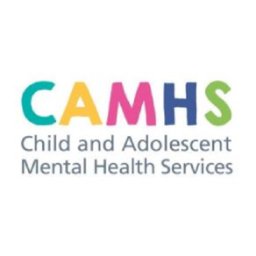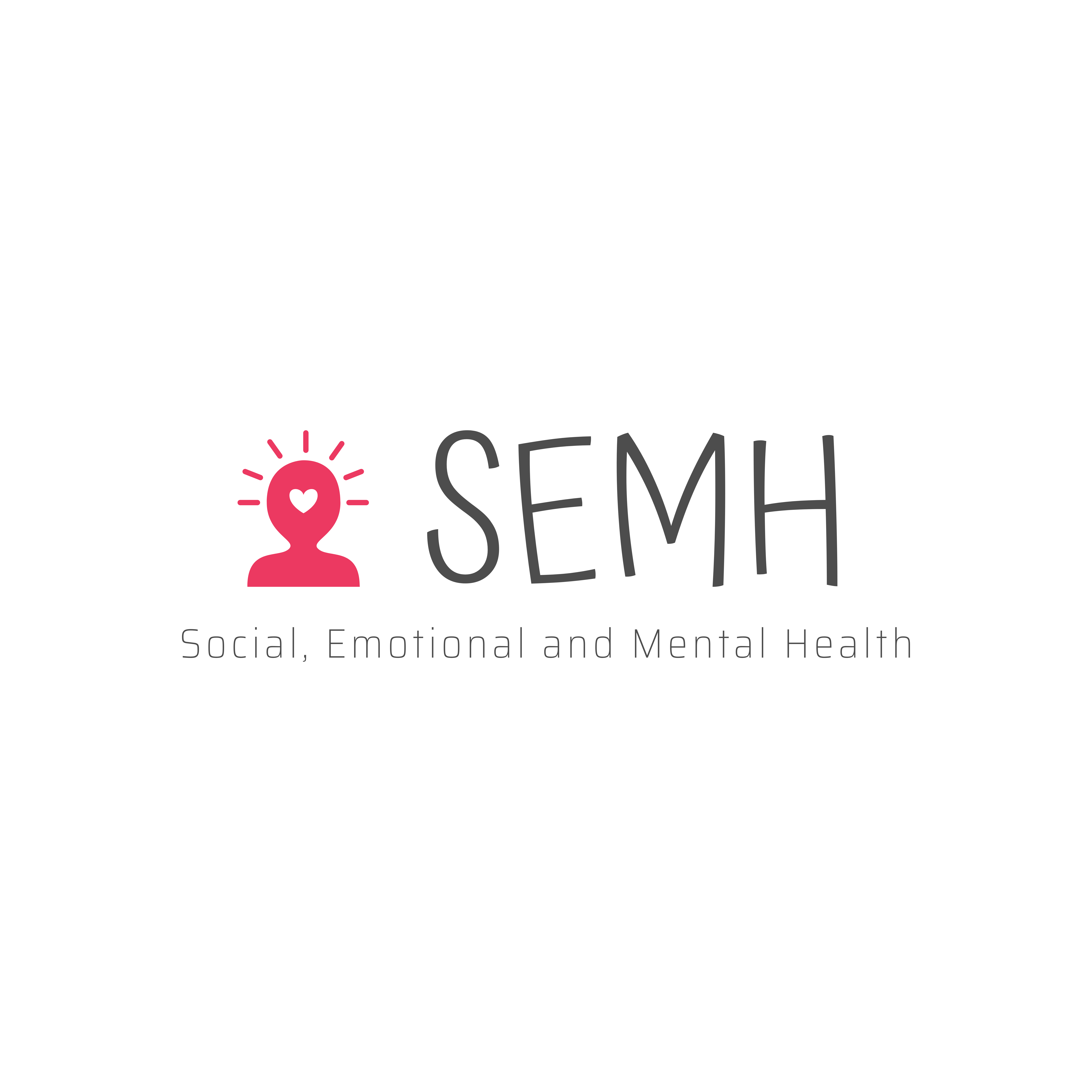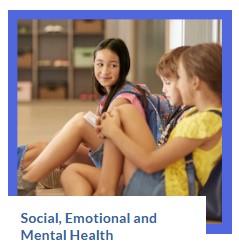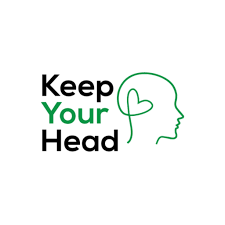Despite appropriate adjustments, children continue to experience emotional or behavioural problems that are outside the normal range for their age. Although not all children with Social, Emotional, and Mental Health (SEMH) needs will have Special Education Needs or Disabilities (SEND), severe and persistent social, and emotional difficulties will often meet the SEND definition.
Social
|
Emotional
|
Mental Health
|
- Difficulties making and managing friendships.
|
- Low self-esteem or poor sense of self as a learner or person (including masking of feelings or needs).
|
|
- Problems reading social situations or nuanced social cues.
|
- Low self-esteem or poor sense of self as a learner or person (including masking of feelings or needs).
|
|
- Difficulties forming relationships with adults.
|
- Difficulties identifying and managing heightened emotions.
|
|
- Problems with conflict resolution.
|
- ‘Excessive’ worrying which is not easy to resolve.
|
- Obsessional compulsive disorder (OCD).
|
- Difficulties understanding social rules or boundaries.
|
- ‘Emotionally-Based School Avoidance’
|
|
- Difficulties with 'unstructured' times of the day (e.g. break times)
|
- Persistent sadness and withdrawal which does not resolve with encouragement.
|
- Difficulties around eating, eating disorders, or restrictive eating.
|
|
|
- Disruptive, difficult or dangerous behaviour
|
|
